
Elisa: improving telecoms with Lean and Kata
INTERVIEW - Faced with the difficulties of a project that didn't go as planned, this Finnish telcom turned to Lean Thinking. Ahead of their presentations at the LGC 2024, they tell us about their journey and how Kata became instrumental to their transformation.
Interviewees: Seija Saarikivi and Sari Salmela
Planet Lean: Can you please introduce Elisa Oyj to our audience?
Seija Saarikivi and Sari Salmela: Elisa is the Finnish market leader in telecommunications and digital services. For over 140 years now, the organization has been enthusiastic about adopting new technologies, and we work daily to improve the customer experience and quality of our service. Elisa employs 5,700 people in more than 20 countries and is rated as one of the most sustainable companies in the world.
PL: What problems was the company experiencing that led it to Lean Thinking?
SS and SS: One significant influencing factor behind Elisa’s lean journey was a major system renewal – a project that didn’t go according to plan. We needed more systematic process management, and we wanted to bring in a culture of continuous improvement and more unified daily management to every team throughout Elisa. We began this journey by taking over core processes one at a time and training the teams to use continuous improvement thinking. The results that we achieved encouraged us to continue on this path, and we have been systematically working to promote lean in the organisation for almost 20 years now.
PL: Why was the Kata methodology so useful?
SS and SS: We needed a systematic way to achieve unprecedented results, and we wanted to find new ways to experiment and learn. Our continuous improvement was concentrated too much on solving problems and not enough on achieving even better results. Kata proved to be the perfect fit for our needs thanks to its goal-oriented nature and the fact that it is a holistic way of thinking. Because Kata is not just a tool, it also reinforced our ingrained culture of continuous improvement. In addition, the Kata method emphasises working together and increases collaboration.
PL: Can you give us a few details about your presentation at this year's LGC? What can people expect to learn?
SS and SS: In our presentation, you will hear how Elisa has been learning and experimenting with Kata for almost a decade. We will cover the timeline of how the methodology has grown from an idea from just a few people into a daily tool for hundreds of people, along with a few examples of our biggest success stories from recent years.
PL: What potential do you see for Lean Thinking in telecommunications companies?
SS and SS: As lean believers, we think it fits well in any industry, whether it's manufacturing, service business or healthcare. One big difference to most lean companies is that our work as a service provider happens mostly through computers, which makes it harder to properly observe the value streams. However, there aren’t many companies in the world in any industry that wouldn’t benefit from streamlining their processes and empowering employees to always strive for better performance.
Don't miss Seija and Sari's presentation at this year's Lean Global Connection! Registe here.
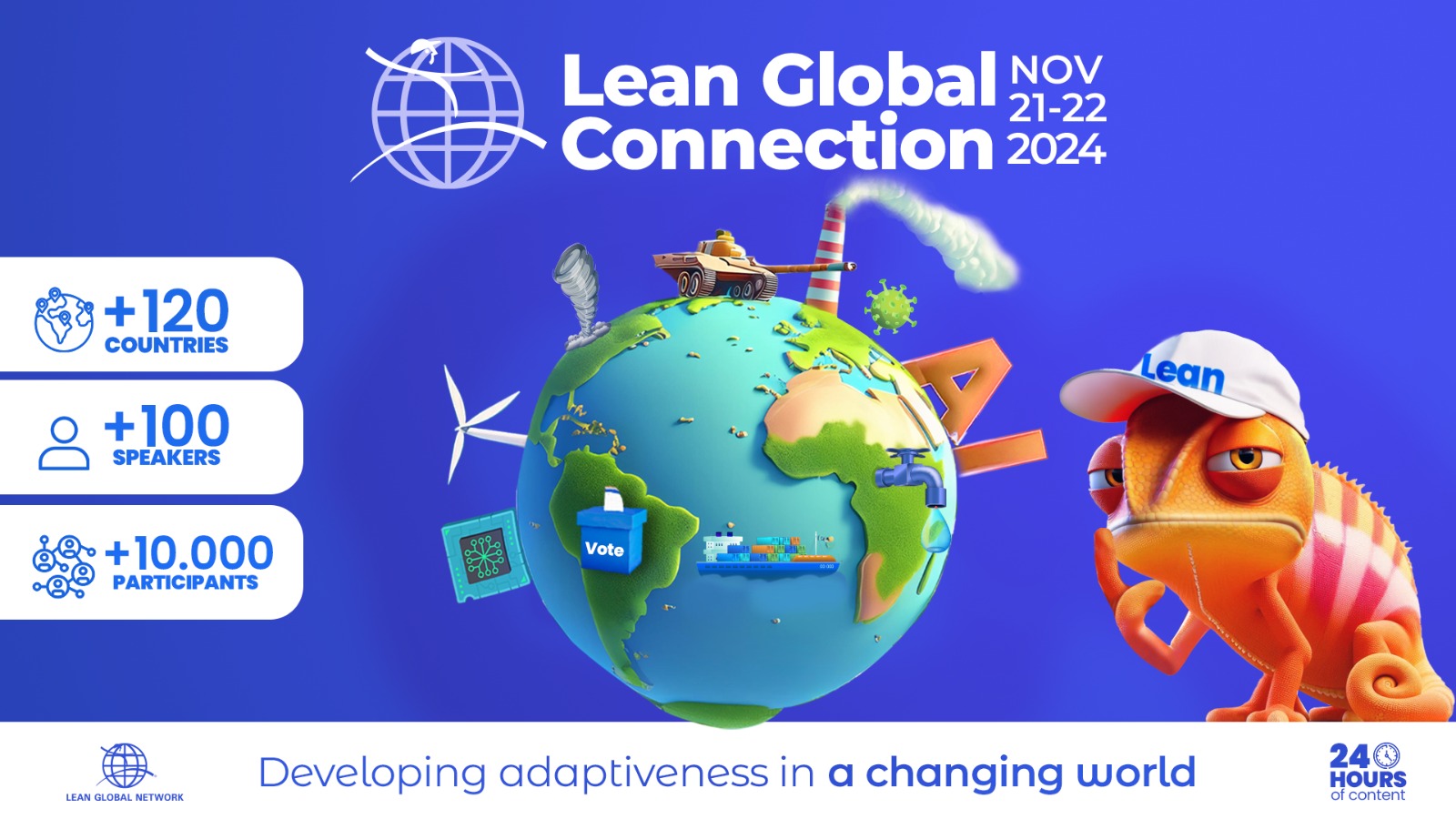
THE INTERVIEWEES


Read more
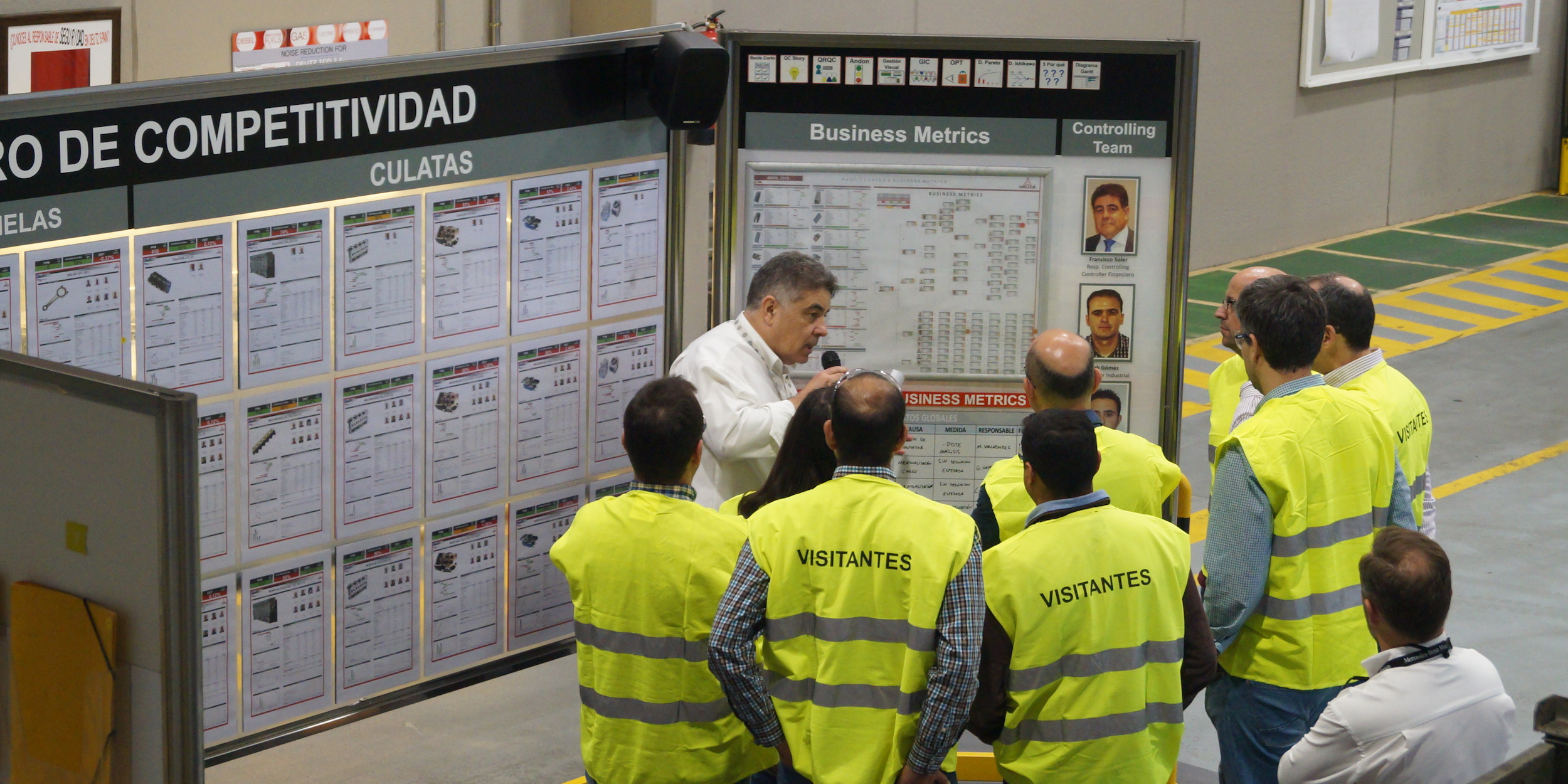

CASE STUDY – What to do when you operate in a competitive market and are located in a remote corner of Europe, thousands of miles from your customer? One word: lean.
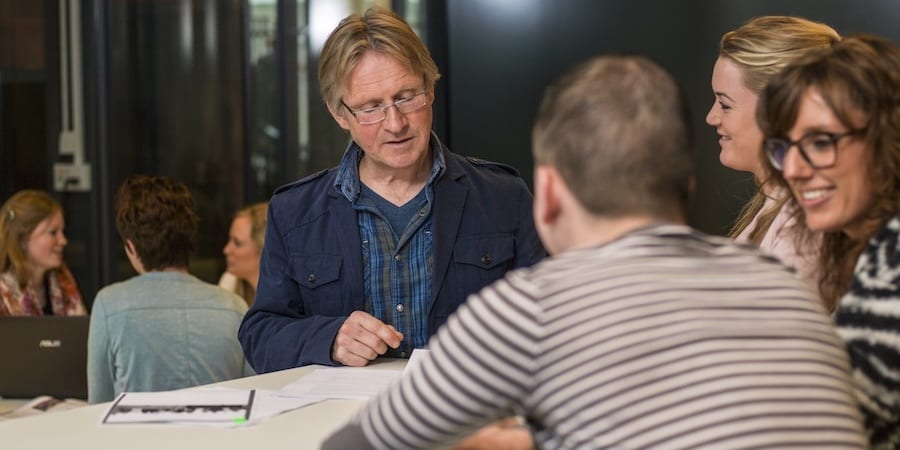


INTERVIEW – In this Dutch university, lean is not only taught in the classroom. A3s are now replacing the writing of a thesis as the final assignment students are asked to complete.


NOTES FROM THE GEMBA – What’s kaizen for? Improving quality? Generating a flow of ideas? Challenging a method? All of the above, so long as the underlying goal is to make people’s lives easier.


FEATURE – To successfully transform, we need to change our “theory of success”. The authors discuss the obstacles managers face along the way.
Read more
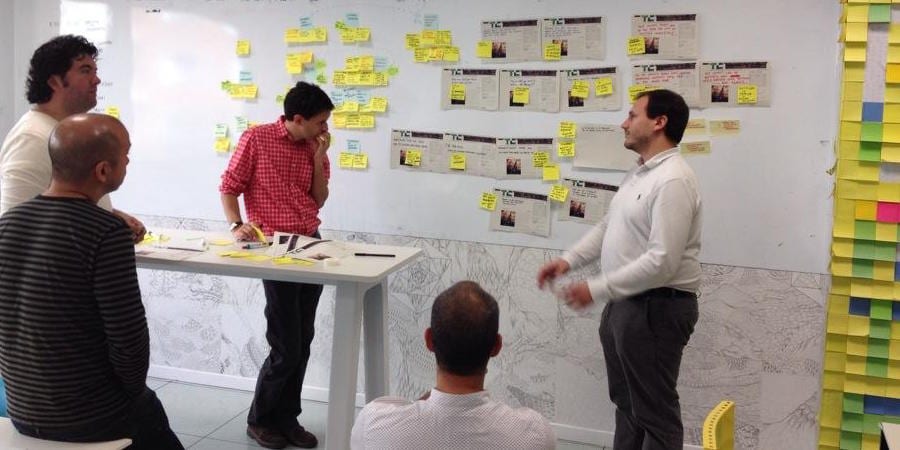

INTERVIEW – Planet Lean speaks with telecommunications company Telefónica about the organization's attempt to apply lean startup principles in its R&D department.


FEATURE – Lean management forces us to look at our IT service management from a different perspective and helps us to ensure it really supports our organizational needs.
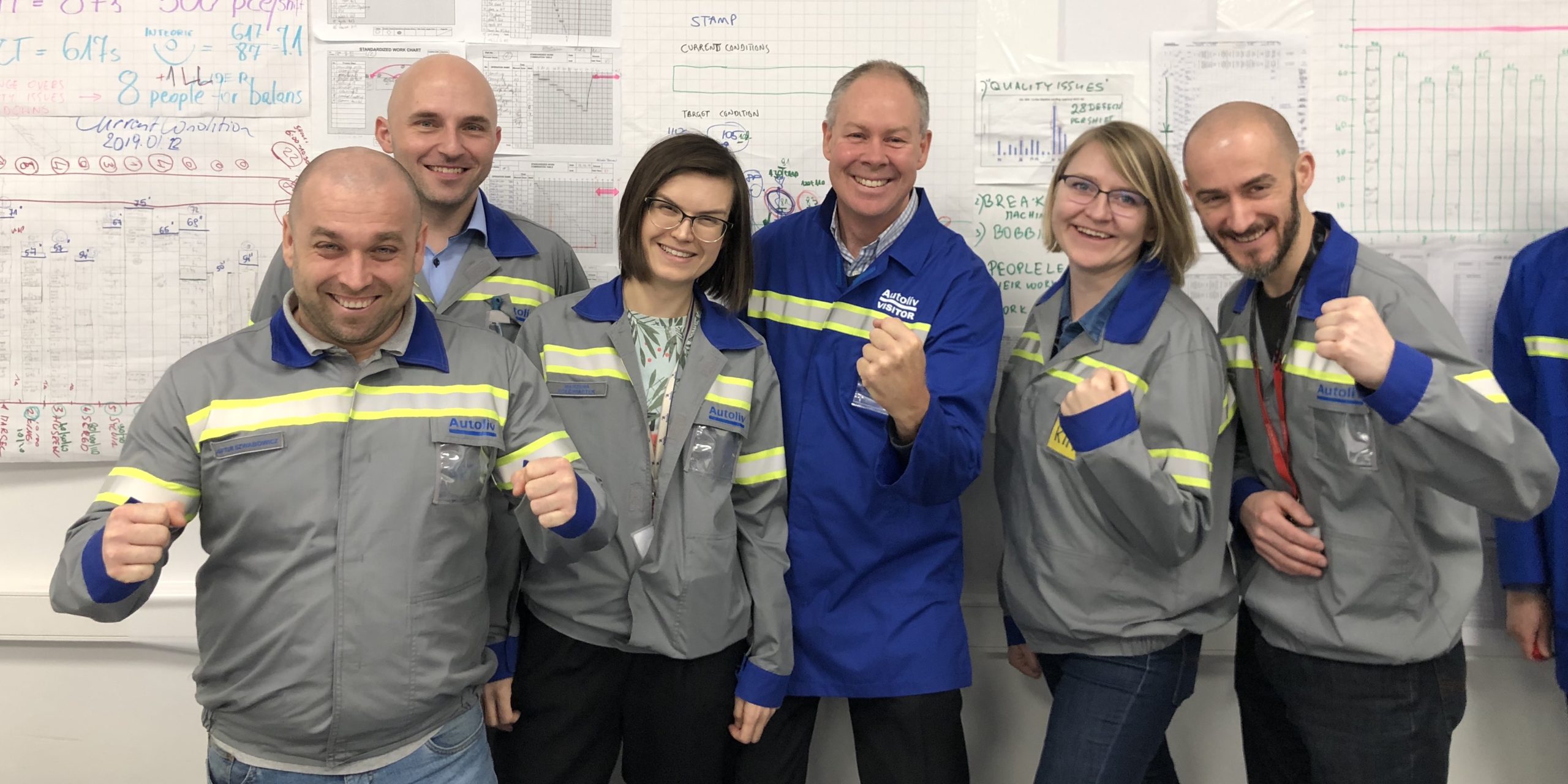

INTERVIEW – What skills do coaches need to successfully support lean transformations in the service sector? Our colleagues from Australia tells us about their experience.


VIDEO INTERVIEW - At the Lean IT Summit, we spoke with Amazon Web Services to understand what type of flexible and scalable IT infrastructure allows organizations to be innovative without breaking the bank.

